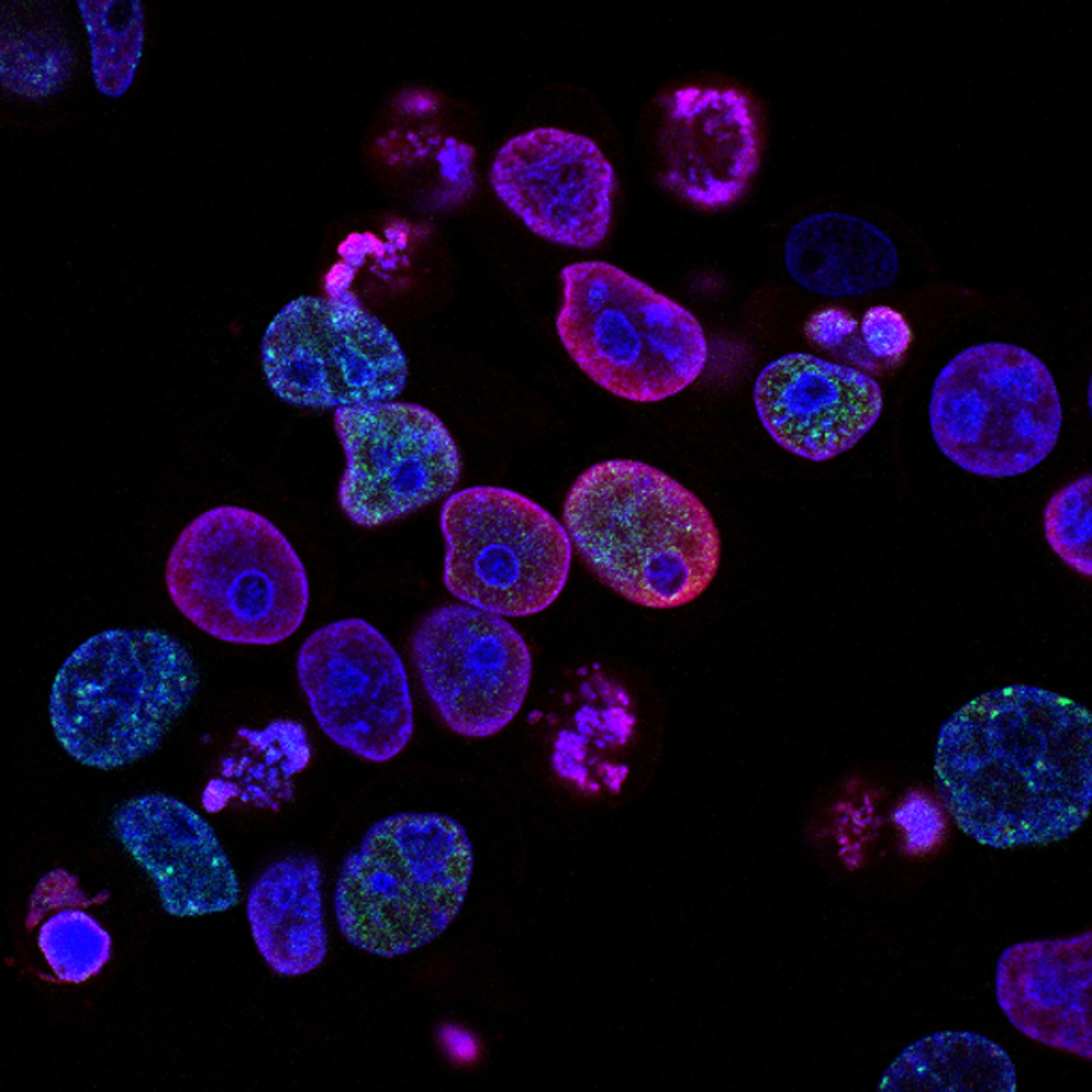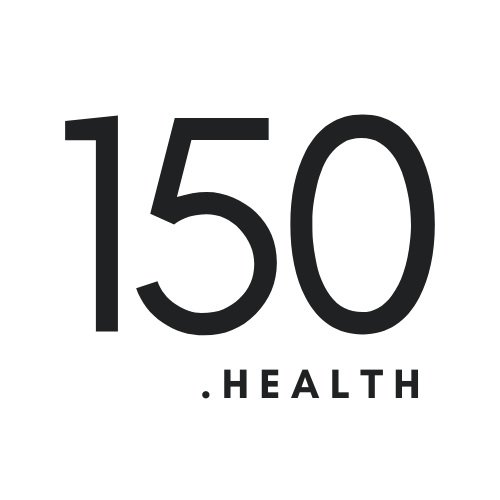
Japan: A glimpse into a hyper ageing future society
Japan: A glimpse into our hyper-aging future. With over 90,000 centenarians and a shrinking youth population, Japan is rewriting the rules for supporting the elderly. Explore the secrets behind Japan's healthy longevity, from 'hara hachi bu' eating to finding your 'ikigai' - a sense of purpose. Discover how redefining retirement and fostering social connections can unlock a longer, happier, and more productive life. We delve into a theoretical blueprint for a prosperous, age-friendly future, where leaves may grow old, but the branches that hold them stay strong. Japan's story is a wake-up call and a source of inspiration for us all.

Sunshine In a Pill: Can We Truly Bottle the Benefits of Light Exposure?
As a follow-up to our previous comment on the New England Journal of Medicine article and the New York Times editorial that questioned the benefits of vitamin D supplementation, here we dive deeper into some of the nuances and controversies of sunlight exposure and vitamin D, particularly the conundrum: can supplements truly replace light exposure?

Decoding Genetic Tech
In a new episode of Decoded, CNN’s Anna Stewart explores genetic technologies and how they could change the future. From resurrecting extinct species, to eradicating diseases, and from tackling climate change, to living longer, rapid advancements in genomic research are changing our understanding of life.

WIRED Health 2023
Our intern Sophia Roesler joined us at WIRED Health one of the highlights of the future of medicine conference calendar and complied the highlights of this, as ever, highly informative, inspiring and stunningly produced day in London, featuring speakers including Professor Jennifer Garrison of the Buck Institute and Kate Ryder of Maven who, kindly gave us recognition on stage for our small contributions to their outstanding work.

Curia Reads: Peter Attia's Outlive: The Science & Art of Longevity
Dr. Attia presents his approach in a new 496-page book called Outlive: The Science & Art of Longevity. The Austin-based doctor practices what he calls medicine 3.0, aggressively treating the causes of diseases early and emphasizing prevention rather than waiting for symptoms to manifest.

ChatGPT and Health Advice: The Future of AI Generated Health Content
ChatGPT has become one of the most talked about and rapidly growing advancements in technology. An app that gained 1 million users in under a week can generate content that is almost indistinguishable from text produced by humans. This innovation has opened a range of possibilities in the medical field including producing quick AI generated health articles. While many believe that ChatGPT is poised to revolutionise the way content is produced in the health sector in the near future, companies are already putting this technology to use.

New in Longevity Studies: Centenarian Genes Shown to Rewind Heart Age by 10 Years
In a groundbreaking study published in the journal Cardiovascular Research, researchers found that centenarians could be used to help those with heart failure. Associated with exceptional longevity, carriers of healthy mutant genes, like those living in the blue zones of the planet, can protect cells collected from patients with heart failure requiring cardiac transplantation.

We let ChatGPT write an article on Metformin and Rapamycin for us
It is incredibly challenging to keep up with all the new studies coming up in the longevity space - however, with ChatGPT producing detailed summaries like these in minutes, that will change. In fact, that has changed. As you will see in this article, ChatGPT was able to produce a perfectly well cited analysis of a very complex academic medical article. However, there is one caveat..

The Use of Cold Exposure to Promote Good Health
As the INSPIRE 2022 team successfully completed their expedition to the South Pole to explore the metabolic cost of sustained polar travel, those of us keeping a track of their journey through their social media channels were often in awe of just how much they were able to push their bodies each day in austere environments and freezing sub-zero temperatures. While not all of us will undertake an expedition in the South Pole in our lifetime, it is worth exploring the benefits of cold exposure and acclimatization in our day to day health outcomes.

Curia Reads: David Sinclair’s ‘Why We Age and Why We Don’t Have To’
It’s a seemingly undeniable truth that aging is inevitable. But what if everything we’ve been taught to believe about aging is wrong? What if we could choose our lifespan?

The Power of Wearable Health Tech
In 1960, the first wearable computer was designed by two MIT professors - Edward Thorp and Claude Shannon. It was small enough to fit in a shoe, but unlike the most basic wearable tech today, it wasn’t designed to count your steps or track your run. In fact, it was designed to predict where the ball would land in a game of roulette. Who could have ever thought that the first of wearable tech was designed not to improve health, but gambling outcomes!

Jeniffer Garrison’s Quest to Draw Attention and Funding to Female Longevity Research
Jennifer Garrison, PhD, is a passionate advocate for women’s health and is pioneering a new movement to advance science focused on female reproductive aging. She is the Co-Founder and Director of the Global Consortium for Reproductive Longevity & Equality (GCRLE) and an Assistant Professor at the Buck Institute for Research on Aging. Read our exclusive interview with Professor Garrison here.

INSPIRE 22 Team Takes Off to Ski Across Antarctica
Imagine an expedition to the South Pole. But imagine carrying all your own supplies, sleds of around 80-100kgs for up to 50 days whilst battling high winds of around 100kph, temperatures dropping to as low as -50°C and finishing at an altitude of 2835m above sea level. It’s hard to even imagine, isn’t it? It’s much, much harder to execute! Project 150 is supporting INSPIRE 22, an interdisciplinary South Pole innovation & research expedition to the South Pole whose ultimate aim is to explore the metabolic cost of sustained polar travel.

Why You Should Sit With Your Negative Emotions
It’s all too common to practice emotional avoidance under the guise of a ‘positive mindset’, after all who really wants to dwell in their sadness? However, engaging with negative emotions is important for building emotional resilience and one of the best ways to do this is through mindful meditation.

Ketamine – Shifting Depression one Glutamate Receptor at a Time
Ketamine research has exploded in the past ten years and its findings are percolating into popular consciousness, with an ever-growing interest in how this compound could help improve our lives. This article briefly summarizes the history of Ketamine, how it works and how it may be the biggest advance in mental health treatment yet.

Two Worlds - Is the Longevity Hype for Everyone?
Researchers studying Type 2 diabetes have come to the strong conclusion that there is no device, no drug powerful enough to counter the effects of poverty, pollution, stress, a broken food system, cities that are hard to navigate on foot and inequitable access to health care, particularly in minority communities. As a reflection, our Content Lead, Shivani Mishra asks us: is longevity for everyone?

Overcoming Cancer Scan-xiety - I Got A Full Body MRI Scan
After counseling hundreds of patients, friends and family on the ins and outs of getting a whole body MRI, Dr Jack Kreindler recently got one for the first time. There were lot’s of surprises and some learnings…

What About ‘Hunger Diabetes’?
As the promise of personalized medicine and nutrition is gaining popularity patients are increasingly testing themselves and paying close attention to their reports. Should we be worried that patients have increased access to testing but lack the context in which to interpret their (sometimes alarming) results?

To D or Not to D - Curia on Vitamin D
A New York Times article recently recommended that people should simply stop screening for and supplementing vitamin D. In this article we discuss why most of our patients are on vitamin D supplements, and why people should stop consuming irresponsible journalism around health and nutrition.

Editing Cholesterol Genes - The New Code to Preventing Heart Attacks?
Have we finally found a cure to heart attacks and other cardiovascular diseases? Find out what our doctors think about Verse lab’s new technology that is attempting to edit your genes to lower ‘‘bad’’ cholesterol levels from your liver permanently.
